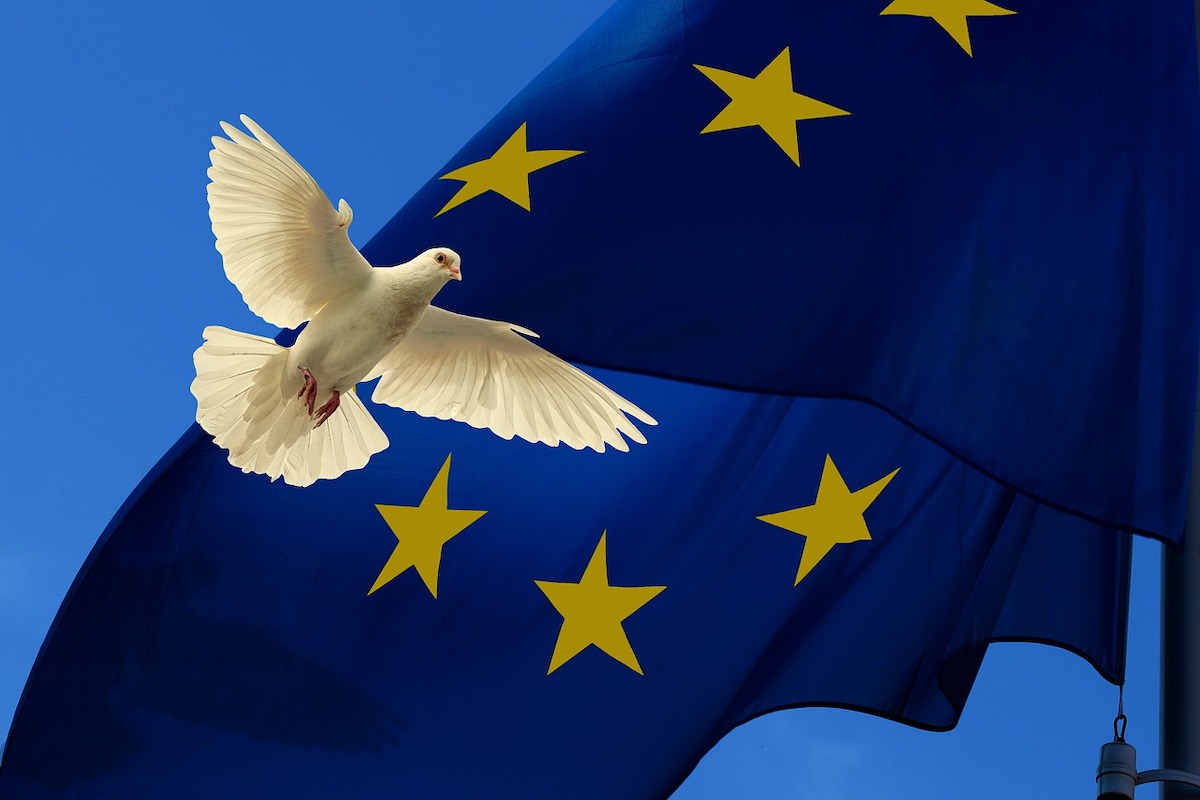Environment
Europe’s Virtues Will Be Its Undoing
Ever since, all of Europe—the East as well as the West—has carried the burden of Nazi guilt, as others would have us bear the guilt of North American slavery and Jim Crow.

Terrible is the temptation to be good.
~Bertolt Brecht
We often forget that contemporary Europe was not born, as the United States was, in the euphoria of new beginnings, but in a sinking sense of its own abjection. The crimes of the Nazis affected the entire Old World, like a cancer that had long been growing inside it. Thus, the European victors over the Third Reich were contaminated by the enemy they had helped defeat, in contrast to the Americans and Soviets, who emerged from the conflict crowned in glory. Ever since, all of Europe—the East as well as the West—has carried the burden of Nazi guilt, as others would have us bear the guilt of North American slavery and Jim Crow. It has left us sullied to the very depths of our culture. Isn’t this what the Martinique poet Aimé Césaire contends when he de-Germanizes Hitler and makes him the very metaphor of the white man in general? In 1955, in his Discours sur le Colonialisme, Césaire points to:
[The] very distinguished, very humanist, very Christian bourgeois twentieth century man, who without realizing it carries within himself a little Hitler; Hitler haunts him, Hitler is his demon, and if he rails against him he is not being consistent; basically what he cannot forgive Hitler for is not his crime against man, it’s his crime against the white man, it’s the white man’s humiliation at Europe having been subjected to the colonialist practices that previously applied only to the Arabs of Algeria, the coolies of India and the negroes of Africa.1
Let us disregard for a moment the gross comparison that equates colonialism with genocide, and the racializing of white people who thereby become the universal symbol of infamy, as witnessed today in the growing “anti-racism” movement. Not only did history provide Hitler with centuries of precedents, but he has never been anything but the true face of Europe—the Europe that confronted him even as it acquiesced in his rise to power.
The amazing thing is not that such masochistic theories should flourish, but that they are applauded by so many elites. For a few decades, the Cold War delayed the West’s self-examination, but since 1989 and the inclusion of ex-Soviet bloc countries into a widening European Union, the crisis of conscience has only deepened, and has partially, if not completely, guided political thought. Having scaled unprecedented peaks of barbarity, the Europe of Brussels has decided to redeem itself by privileging moral values over realpolitik. Henceforth, we were enjoined to adopt what Auguste Comte and Victor Hugo, each for his own reasons, called “the religion of humanity,” grounded in altruism and devotion. Western Europeans dislike themselves. They are unable to overcome their self-disgust and feel the pride in their heritage and the self-respect that is so strikingly evident in the United States. Modern Europe is instead mired in shame shrouded in moralizing discourse. It has convinced itself that, since all the evils of the twentieth century arose from its feverish bellicosity, it’s about time it redeemed itself and sought something like a reawakened sense of the sacred in its guilty conscience.





